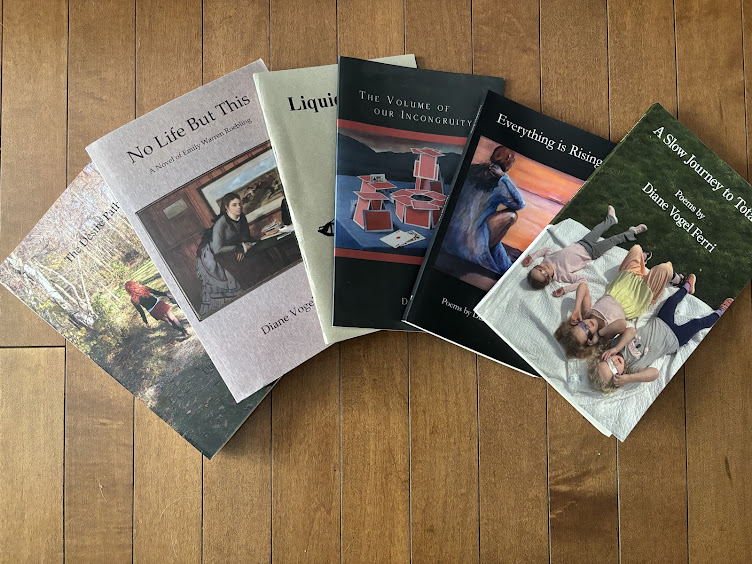Umoja
Sitting cross-legged on a sisal mat,
thatched roof and the equator sun above,
Rebecca holds the 13-year-old girl’s hand
You don’t have to marry that old man
even if he is my brother.
Rebecca goes house to house
You don’t have to have sex with a man
that beats you, exposes you to HIV,
a husband with other wives.
Shamed by rape then abandoned
Rebecca’s women grow a circle of mud
and dung huts in parched and barren grassland
and call it Umoja, in Swahili, unity.
A sanctuary for Sarah’s little girl body
from bearing a child that would have shredded
her insides, causing her to leak, to smell,
to be shunned into a beggar’s existence.
No men live in Umoja,
a haven for Mary from circumcision,
mutilated gentials that would have forever
brought pain and denied pleasure.
In Umoja, children go to school for the first time,
women work in the cultural center
inviting tourists into the beauty of Kenya,
selling red and white Samburu beaded necklaces.
Rebecca ignores spiteful men setting up
their own village, spying, failing to imitate
Umoja’s success but hiring the men to haul firewood
as women change the rhythm, the power of a village.
Rebecca throws back her brown cloud of hair,
laughs at stone throwing and death threats
as she boards a plane to a world conference on
gender empowerment an ocean away.
If you remain silent no one thinks you have anything to say.
